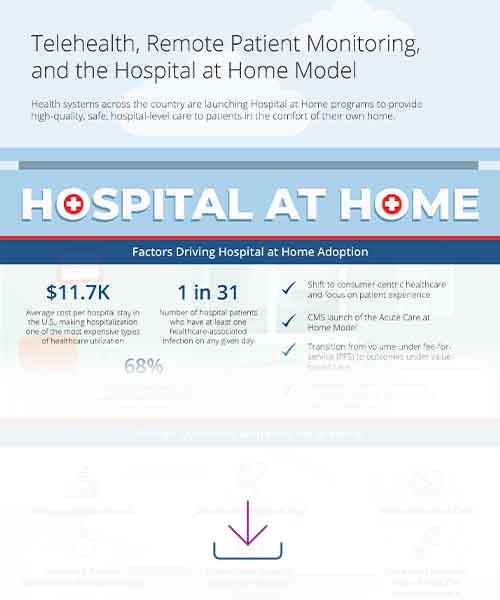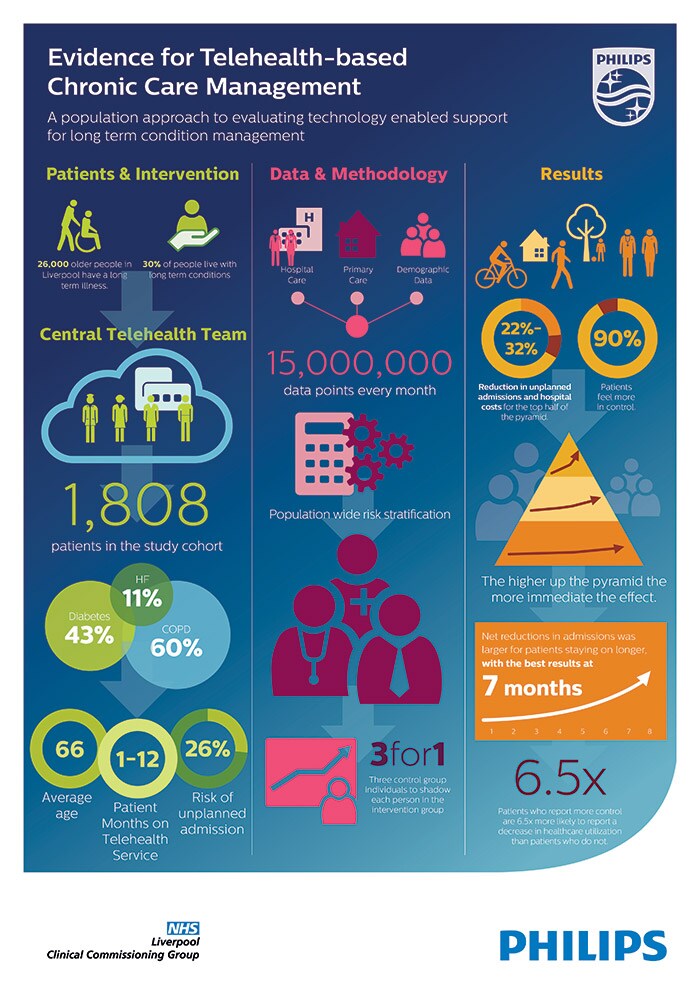Is your website running smoothly? Learn the importance of regular health checks and how to maximize your online presence.

Image courtesy of via DALL-E 3
Table of Contents
Introduction to Website Health Checks
Website health checks are like check-ups for your website to make sure everything is running smoothly. Just like how you visit the doctor to stay healthy, websites need regular checks to prevent problems and keep them working well. By monitoring and maximizing your website’s performance, you can ensure it stays in top shape.
What are Website Health Checks?
Your website, just like your body, needs to be checked regularly to make sure everything is working as it should. Website health checks involve looking at different parts of your website to spot any issues that might be slowing it down or causing problems. These checks help keep your website running smoothly and prevent bigger issues from happening.
Why are Website Health Checks Important?
Regular website health checks are important because they help catch problems early on before they become big issues. By checking your website regularly, you can fix any issues quickly and prevent them from impacting your website’s performance. It’s like giving your website a tune-up to keep it running smoothly.
Tools for Monitoring Website Health
Monitoring website health is crucial to ensure that your website is running smoothly and efficiently. There are various tools available that can help you keep track of your website’s performance and uptime. Here, we will explore some popular monitoring tools and how they work.
Popular Monitoring Tools
Some popular tools used for monitoring website health include Google Analytics, UptimeRobot, and GTmetrix. Google Analytics provides valuable insights into website traffic, user behavior, and other important metrics. UptimeRobot monitors your website’s uptime and sends alerts if downtime is detected. GTmetrix analyzes your website’s loading speed and suggests optimization strategies.
How Monitoring Tools Work
Monitoring tools work by continuously checking various metrics related to your website’s performance. They track factors like loading speed, uptime, and error rates. By collecting and analyzing this data, these tools can help you identify issues and take necessary actions to improve your website’s health.
Key Metrics to Monitor
Monitoring key metrics is essential for keeping your website healthy and running smoothly. By focusing on specific metrics, you can identify areas that need improvement and take action to optimize your site’s performance. Let’s explore the main metrics you should be monitoring:

Image courtesy of www.mediavine.com via Google Images
Loading Speed
One crucial metric to keep an eye on is loading speed. This refers to how quickly your website loads when visitors access it. Slow loading times can frustrate users and lead them to abandon your site. Ensuring fast loading speeds can improve user experience and keep visitors engaged.
Site Uptime
Site uptime measures the percentage of time your website is accessible to users. It’s crucial to monitor this metric to ensure your site is available when visitors try to access it. Downtime can result in lost traffic and potential revenue, making it important to minimize interruptions to your site’s availability.
Error Rates
Error rates indicate the frequency of errors that occur on your website, such as 404 errors or server issues. Monitoring error rates can help you identify and resolve issues that may impact the user experience. By addressing errors promptly, you can maintain a seamless browsing experience for your visitors.
Optimizing Website Performance
In order to ensure your website is running at its best, it’s important to optimize its performance. By making some simple tweaks, you can improve loading speeds and overall user experience. Here are some key tips to help you optimize your website:
Optimizing Images
Large images can slow down your website significantly. To improve loading speeds, it’s essential to optimize your images. This involves resizing images to the correct dimensions and compressing them without compromising quality. By using the right file format and size, you can help your website load faster.
Minimizing HTTP Requests
HTTP requests are made every time a user visits a webpage, and the more requests there are, the longer it takes for the page to load. By reducing the number of HTTP requests, you can speed up your website. This can be achieved by combining CSS and JavaScript files, using image sprites, and minimizing the use of external resources.
Using a Content Delivery Network (CDN)
A Content Delivery Network (CDN) is a network of servers spread across different locations that deliver web content to users based on their geographic location. By using a CDN, you can distribute your content closer to your visitors, reducing latency and improving loading speeds. This can help your website load faster and provide a better user experience.
Regular Backups and Maintenance
In the digital world, just like in real life, it’s essential to take care of your valuable possessions. For a website, this means regularly backing up and maintaining it to prevent any potential disasters.

Image courtesy of www.healthrecoverysolutions.com via Google Images
The Importance of Backups
Imagine working on a school project for weeks, only to have your computer crash and lose all your hard work. That’s why backing up your website is like creating a safety net. It ensures that even if something goes wrong, you won’t lose all the precious content and information on your site.
Regular Maintenance Tasks
Regular maintenance is like keeping your room clean and organized. It involves simple tasks that can help your website stay healthy and run smoothly. Some maintenance tasks include updating software to keep your site secure, checking for broken links that can frustrate visitors, and optimizing images to improve loading speed.
Security Measures
One of the most important things you can do to keep your website safe is to use strong passwords. A strong password is like a secret code that only you know. It should be a mix of letters, numbers, and special characters. Avoid using easy-to-guess passwords like “123456” or “password”. Instead, try combining random words with numbers and symbols to create a strong password that hackers can’t easily guess.
Updating Software
Keeping your website software up to date is crucial for security. Software updates often include fixes for vulnerabilities that hackers can exploit. By regularly updating your website’s software, you ensure that it has the latest security patches and protections. Make it a habit to check for updates regularly and install them as soon as they become available.
Installing Security Plugins
Security plugins are like bodyguards for your website. They add an extra layer of protection to keep hackers out. These plugins can help detect and block malicious activity, secure your login page, and monitor your website for any suspicious behavior. Look for reputable security plugins that have good reviews and regular updates to ensure your website stays safe.
Identifying and Fixing Issues
When it comes to keeping your website healthy, it’s essential to be able to identify common issues that may arise. One common problem you might encounter is broken links. These are links on your website that no longer work and can negatively impact user experience. Slow loading pages are another issue to watch out for, as they can frustrate visitors and lead them to leave your site.

Image courtesy of www.usa.philips.com via Google Images
Simple Fixes
If you do come across broken links or slow-loading pages on your website, don’t worry! There are simple steps you can take to fix these issues. For broken links, you can use tools like Google Search Console to find and fix them. Slow-loading pages can often be improved by optimizing images or reducing the number of elements on the page.
Remember, it’s okay to experiment with solutions and learn from any mistakes you make. The important thing is to stay proactive in identifying and addressing these issues to keep your website running smoothly.
Using Analytics to Improve Website Health
In order to improve the overall health of your website, it’s essential to utilize analytics tools that provide valuable insights into user behavior and website performance. By analyzing the data obtained through these tools, you can make informed decisions to enhance the user experience and optimize your website for better results.
Understanding Website Traffic
Analytics tools like Google Analytics can help you understand where your website traffic comes from. By monitoring the sources of your visitors, such as search engines, social media platforms, or direct links, you can tailor your content and marketing strategies to target these specific channels effectively. Knowing your traffic sources allows you to focus your efforts on areas that bring in the most visitors.
User Behavior Analysis
Observing user behavior on your website is crucial for identifying areas that need improvement. Metrics like bounce rate, which measures the percentage of visitors who leave your site after viewing only one page, and session duration, which tracks how long visitors stay on your site, can provide valuable insights into the effectiveness of your content and website design. By analyzing these metrics, you can pinpoint areas where users may be disengaging and make necessary adjustments to improve user engagement and retention.
Conclusion
In conclusion, website health checks are essential for maintaining a smoothly running website. By monitoring and maximizing website performance, you can ensure that your site operates efficiently and effectively. Regularly checking on the health of your website can help prevent bigger issues from arising and keep your online presence in top shape.

Image courtesy of venngage.com via Google Images
Throughout this article, we’ve delved into the importance of website health checks, explored various tools for monitoring website health, identified key metrics to monitor, discussed techniques for optimizing website performance, highlighted the significance of regular backups and maintenance, examined basic security measures, provided guidance on identifying and fixing common issues, and explained how analytics can improve website health.
Remember, ongoing monitoring and regular health checks are crucial in keeping your website healthy and thriving. By implementing the practices and tools discussed in this article, you can ensure that your website continues to perform at its best, attracting visitors and providing a positive user experience.
Want to turn these SEO insights into real results? Seorocket is an all-in-one AI SEO solution that uses the power of AI to analyze your competition and craft high-ranking content.
Seorocket offers a suite of powerful tools, including a Keyword Researcher to find the most profitable keywords, an AI Writer to generate unique and Google-friendly content, and an Automatic Publisher to schedule and publish your content directly to your website. Plus, you’ll get real-time performance tracking so you can see exactly what’s working and make adjustments as needed.
Stop just reading about SEO – take action with Seorocket and skyrocket your search rankings today. Sign up for a free trial and see the difference Seorocket can make for your website!
Frequently Asked Questions (FAQs)
What are the Signs of a Healthy Website?
A healthy website typically exhibits fast load times, meaning that when you click on a link or visit a webpage, it opens quickly without any prolonged waits. Low error rates are also a good indicator of a healthy website. This means that when you click on something, you don’t encounter messages saying the page cannot be found or has an error.
How Often Should I Perform Health Checks?
It is recommended to perform website health checks regularly to ensure everything is running smoothly. A good practice would be to conduct these checks on a weekly or monthly basis. This frequency helps catch any issues early on before they escalate into bigger problems.
What to Do if Website Health Check Tools Find Problems?
If your website health check tools identify any issues, don’t worry. The first step is to assess the problem and try troubleshooting it yourself. This could involve reaching out to your hosting provider for support or seeking help from a web developer if the issue is more technical. The key is to take action promptly to rectify any problems that arise.







